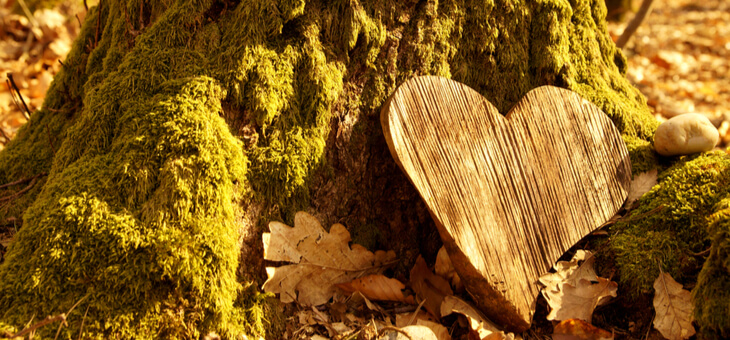Cemeteries are running out of space and cities are also running out of space for cemeteries.
This problem is creating a need for alternative and creative solutions. According to a University of Melbourne survey, the Australian public is relatively open to new ideas.
When asked about a myriad ‘novel’ ways to dispose of a body – including upright burial, natural burial, burial at sea, alkaline hydrolysis in which chemicals and water are used to dissolve soft tissue, human composting and freeze drying to powder (promession) – most respondents reported no negative sentiments.
Read: Insurer taken to court for failing to honour discounts
Of those ideas, body composting is the most likely to be implemented soonest, but what is it and how does it work?
Body composting is similar to backyard composting of scraps in that it reduces human remains through a natural organic reduction process.
At the time of writing, the process is legal in just two US states, Colorado and Washington, with Oregon set to join those two states from July 2022, but there is plenty of interest from the rest of the world.
Read: Why hasn’t my package arrived yet?
According to an ABC report, since laws allowing body composting took effect in Washington in May last year, three businesses licensed to compost human remains have transformed at least 85 bodies. And a further 900-plus people have signed up for the service.
American Seth Viddal, co-owner of The Natural Funeral company in Colorado, has built a prototype vessel that he hopes will encourage more people to make use of this ecological option.
Read: Seven interior design trends taking off
The device is a wooden box, lined with waterproof material, that is packed with woodchips and straw with two large spool wheels on either end, which allow it to be rolled across the floor to provide the oxygenation, agitation and absorption required for a body to compost.
“Composting itself is a very living function and it’s performed by living organisms,” Mr Viddal told the ABC.
“There are billions of microbial, living things in our digestive tracts and just contained in our body, so when our one life ceases, the life of those microbes does not cease.”
It takes about three months for the body to decompose, at which point the vessel is opened and filtered for medical devices such as pacemakers or joint replacements.
There are still large bones left behind at this point, but these are then pulverised and returned to the vessel for another three months of composting, although the teeth are removed to prevent contamination from any possible fillings.
At the end of the composting process, the body, wood chips and straw will transform into enough soil to fill the bed of a pick-up truck, according to Mr Viddal.
Family members can then keep the soil to spread in their yards.
What do you think of body composting? Would you be open to it for your own funeral? Why not share your thoughts in the comments section below?
If you enjoy our content, don’t keep it to yourself. Share our free eNews with your friends and encourage them to sign up.

